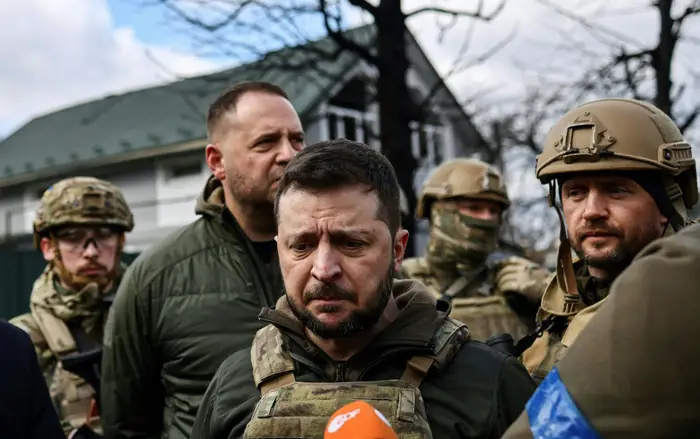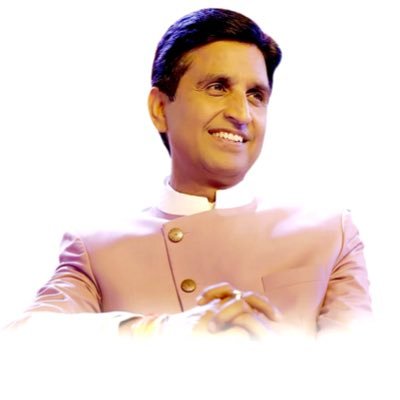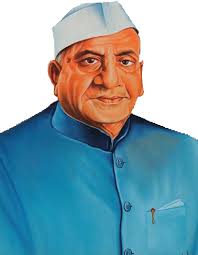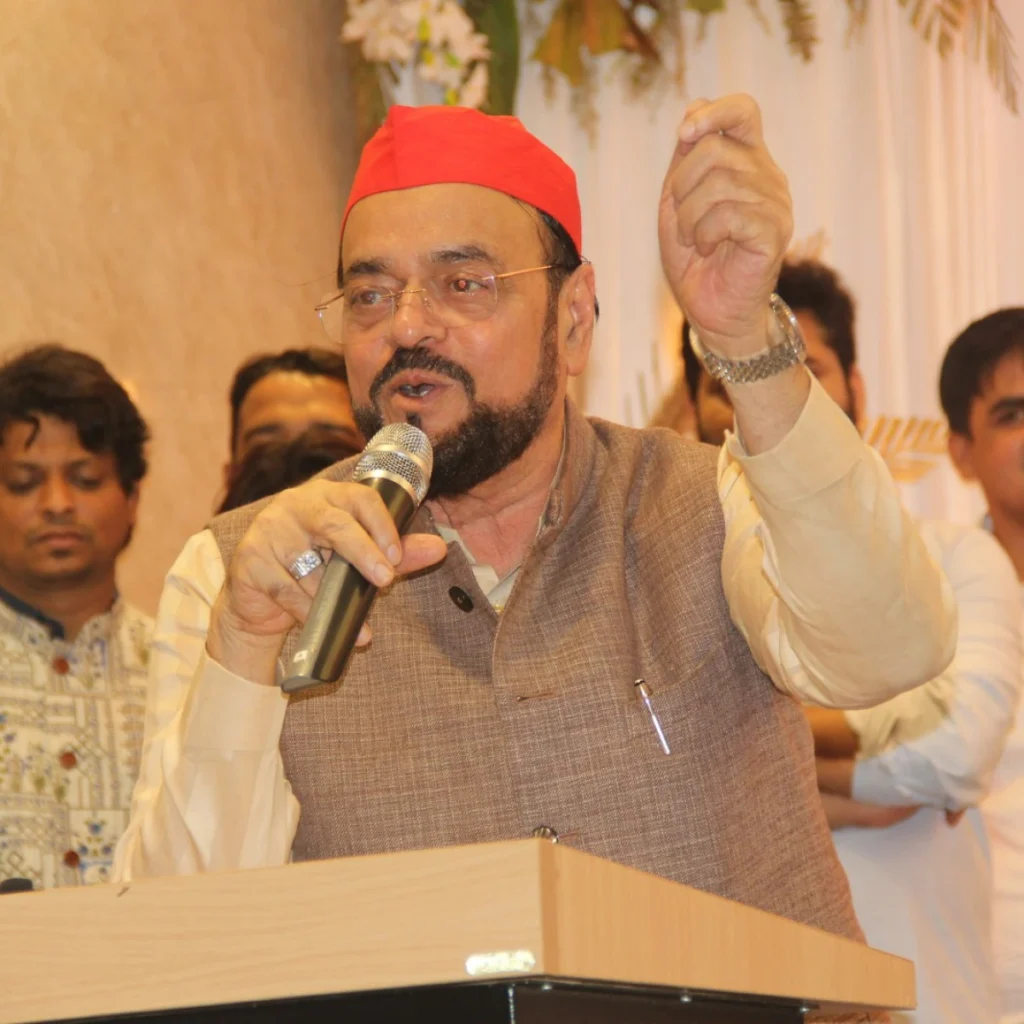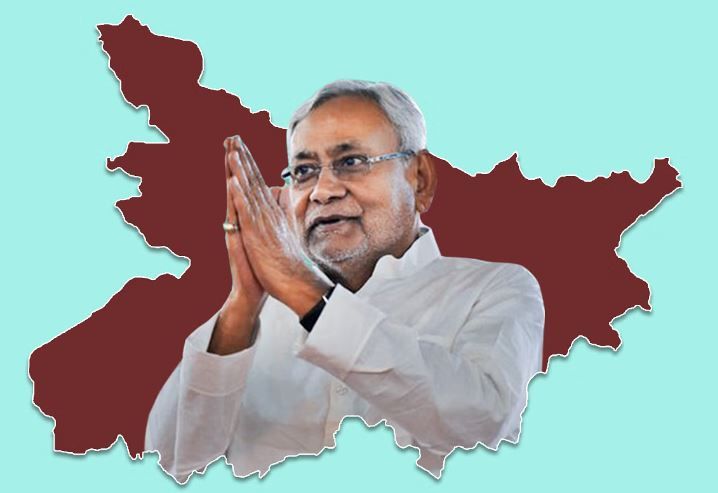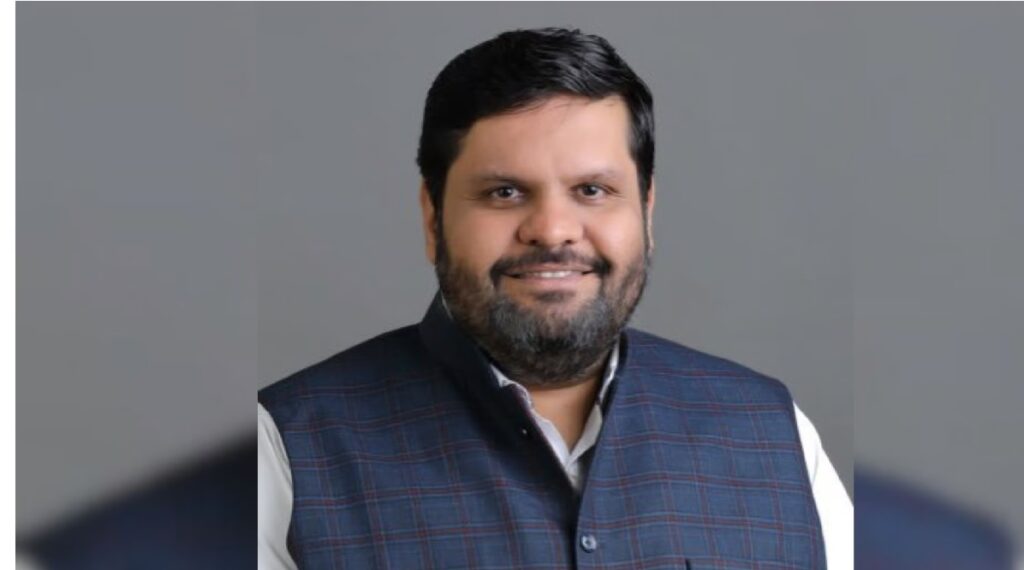Introduction:
Volodymyr Zelensky, the President of Ukraine, has emerged as a pivotal figure in modern Ukrainian politics, particularly during the ongoing conflict with Russia. His rise to power as a comedian-turned-politician and his leadership style during times of crisis have garnered international attention. This article explores Volodymyr Zelensky’s remarkable leadership during the Russia-Ukraine war, highlighting his unprecedented actions, challenges faced, diplomatic efforts, and the impact on Ukraine’s domestic and international standing.
Background and Early Career:
Born on January 25, 1978, in Kryvyi Rih, Ukraine, Volodymyr Zelensky initially pursued a career in law, graduating from the Kyiv National Economic University. However, his true passion lay in entertainment, and he gained fame as a comedian, actor, and television producer. Zelensky co-founded the entertainment production company Kvartal 95, known for its satirical shows and humor.
Zelensky’s popularity soared with his role in the television series “Servant of the People,” where he played a high school teacher who unexpectedly becomes the President of Ukraine after a viral video rant against corruption. The show’s themes resonated with Ukrainian audiences, propelling Zelensky to real-life political aspirations.
Presidential Campaign and Election:
In 2019, Volodymyr Zelensky announced his candidacy for the Ukrainian presidency, running as a political outsider promising anti-corruption reforms, economic revitalization, and a new approach to diplomacy, particularly regarding the conflict in Eastern Ukraine and Crimea, annexed by Russia in 2014.
Zelensky’s campaign capitalized on his image as a fresh face unencumbered by traditional political baggage. His platform resonated with Ukrainians disillusioned with established politicians and eager for change. In a stunning victory, Zelensky won the presidential election in April 2019 with a decisive majority, signaling a seismic shift in Ukrainian politics.
Unprecedented Leadership During the Russia-Ukraine War:
One of the defining challenges of Zelensky’s presidency has been navigating the ongoing conflict with Russia, which escalated significantly in 2014 with Russia’s annexation of Crimea and the emergence of separatist movements in Eastern Ukraine. Zelensky’s approach to handling the war has been marked by a mix of pragmatism, resilience, and bold diplomatic initiatives.
- Resilience in the Face of Adversity: Zelensky inherited a complex and volatile situation upon assuming office, with ongoing military hostilities in Eastern Ukraine and Crimea. Despite facing pressure from domestic stakeholders and international actors, Zelensky maintained a steadfast commitment to Ukraine’s sovereignty and territorial integrity.
- Diplomatic Outreach and Negotiations: Zelensky pursued diplomatic avenues to seek resolutions to the conflict, engaging in talks with Russian President Vladimir Putin, Western leaders, and international organizations. The Normandy Format talks involving Ukraine, Russia, Germany, and France aimed to find a peaceful settlement, although progress has been slow and intermittent.
- Military and Security Reforms: Zelensky’s administration prioritized military modernization, support for Ukrainian armed forces, and efforts to counter hybrid warfare tactics employed by Russian-backed separatists. Collaborative initiatives with NATO partners and increased defense spending underscored Ukraine’s commitment to bolstering its security capabilities.
- Humanitarian Efforts and Civil Society Support: Amid the conflict’s humanitarian toll on civilians in affected regions, Zelensky’s government focused on providing aid, supporting internally displaced persons, and fostering resilience within communities. Civil society organizations played a crucial role in humanitarian response efforts, often in collaboration with government agencies.
Challenges and International Dynamics:
Volodymyr Zelensky’s leadership during the Russia-Ukraine war has faced numerous challenges and complexities, reflecting the intricacies of geopolitical dynamics and regional security concerns.
- Russian Aggression and Hybrid Warfare: Russia’s continued support for separatist forces in Eastern Ukraine, cyberattacks, disinformation campaigns, and economic pressures posed ongoing challenges to Ukraine’s stability and security. Zelensky’s efforts to de-escalate tensions and negotiate peace agreements faced skepticism amid persistent hostilities.
- International Support and Diplomatic Balancing: Ukraine’s relations with Western allies, particularly the United States and European Union, played a crucial role in diplomatic efforts and sanctions against Russia. Zelensky sought to balance cooperation with Western powers while exploring avenues for constructive dialogue with Russia, emphasizing Ukraine’s strategic autonomy.
- Domestic Reforms and Political Dynamics: While focused on external challenges, Zelensky also grappled with domestic reforms, anti-corruption measures, and economic revitalization agendas. Political polarization, entrenched interests, and public expectations tested the resilience of Zelensky’s leadership and his administration’s ability to deliver tangible results.
Impact and Legacy:
Volodymyr Zelensky’s leadership during the Russia-Ukraine war has left a significant imprint on Ukraine’s trajectory and global perceptions of Ukrainian resilience and determination. His bold initiatives, diplomatic engagements, and commitment to democratic values amid external pressures have garnered international respect and support for Ukraine’s sovereignty.
Zelensky’s legacy will be shaped by ongoing developments in Ukraine’s conflict resolution efforts, internal reforms, and the country’s strategic positioning in Eastern Europe. His unconventional path to presidency, leveraging media and public engagement strategies, also reflects evolving trends in contemporary political leadership and public expectations for transparency and accountability.
Conclusion:
Volodymyr Zelensky’s journey from entertainer to president epitomizes the transformative potential of democratic processes and grassroots movements in shaping national leadership. His tenure amid the Russia-Ukraine war underscores the complexities of modern geopolitical challenges, diplomatic maneuvering, and the resilience of nations in defending sovereignty and democratic principles.
As Ukraine continues its quest for peace, stability, and reforms, Zelensky’s leadership serves as a testament to Ukraine’s determination, resilience, and aspirations for a brighter future. The global community’s solidarity with Ukraine and support for peaceful resolutions to conflicts reaffirm the enduring importance of diplomacy, dialogue, and international cooperation in fostering a more secure and prosperous world

